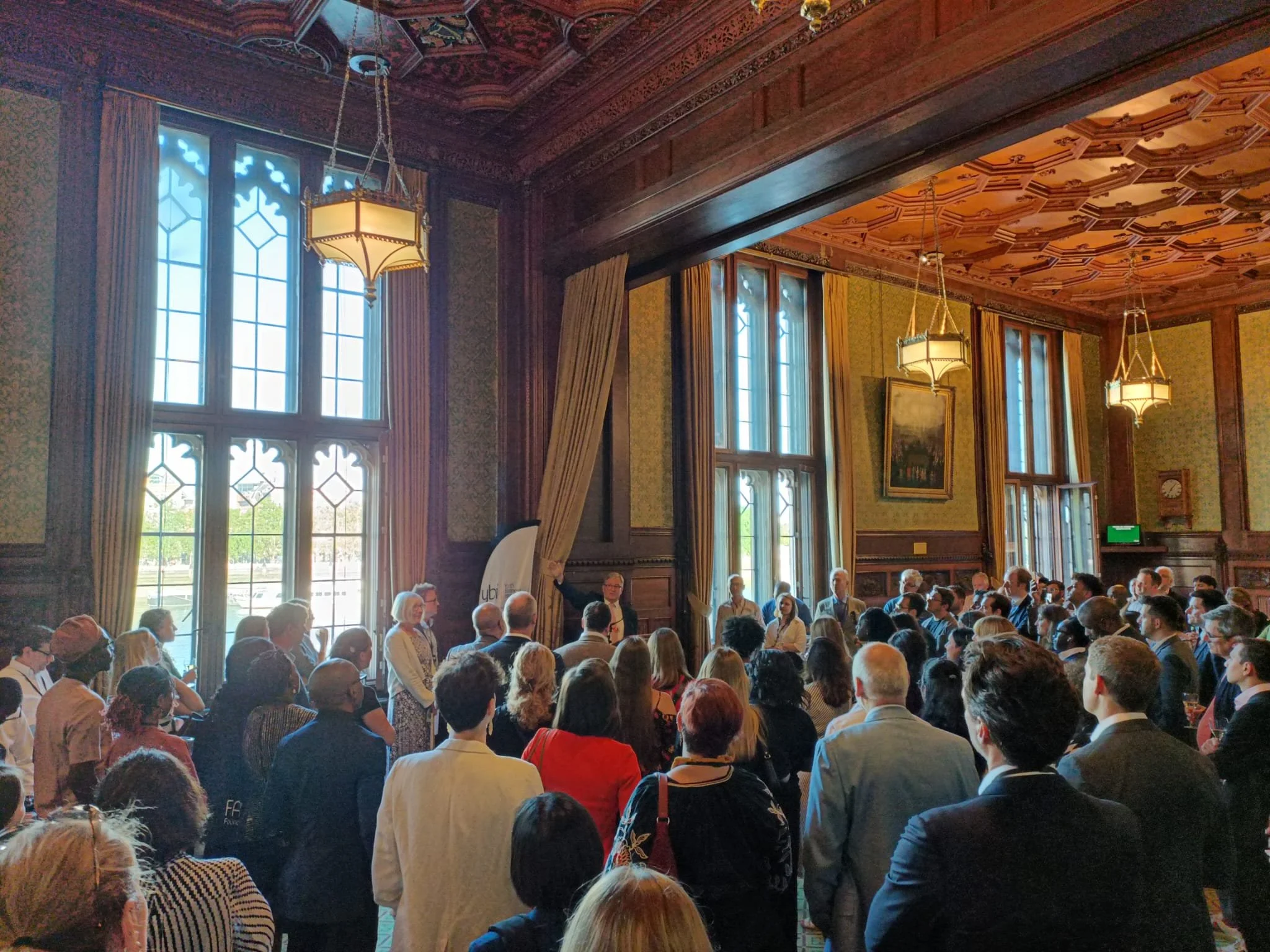This is an edited version of a speech I gave at the launch of Empowering the Future.
Sit down with any group of entrepreneurs and ask them ‘how can we make the UK the best place in the world to start and grow a business?’ and soon enough, we’ll be talking about education and skills.
That’s why over the decade we’ve been championing Britain’s entrepreneurs, we’ve produced half a dozen substantial reports on enterprise and entrepreneurship education.
A big thank you to Youth Business International (YBI) for supporting this latest briefing paper, which came about because we identified a window of opportunity after the election for policy changes.
I’m going to blitz through the papers’ ten policy recommendations now, but the coming weeks, months and years will be all about making them a reality. I hope many of you will be a part of that.
First: Now is the time to bring back the Enterprise Allowance Scheme and ensure it is more generous than other out-of-work benefits.
The Enterprise Allowance worked. Nearly two thirds of participants continued to run their businesses 18 months after enrolling, and one fifth of these businesses employed at least one additional person. It supported well-known entrepreneurs like Superdry’s Julian Dunkerton, Creation Records’ Alan McGee, and artists like Tracey Emin.
Second: The incoming government needs to clarify the future of the UK Shared Prosperity Fund for Enterprise Support Organisations. Uncertainty is a cost on doing business – in this case supporting entrepreneurs. And the lack of clarity is damaging.
Third: Enterprise Support Organisations should be brought in at an early stage to advise on the desired outputs and measurements of national and local government interventions. Positive impact is often curtailed by being measured on outcomes which aren’t always the right metrics to deliver the most value for young people. National and local government needs to get better at tapping into this expertise.
Fourth: We need to fund rigorous trials to allow charities and the private sector to test out new ways of supporting young entrepreneurs. This could be modelled on the Business Basics Fund. From this we can all learn from the successes – and just as importantly, failures – of interventions. Interventions that have been particularly successful can then be copied by others.
Fifth: Following calls by Young Enterprise and others, we think under-18s should be able to open business bank accounts – without credit facilities – so they can separate personal and business finances from a young age.
Sixth: And this is a big one! An incoming government should ensure that the essential skills necessary to be entrepreneurial are embedded across the curriculum from primary school. If the polls are right, and Labour wins, they’re committed to reviewing the national curriculum. Our paper references the Skills Builder Partnership, whose Universal Framework is already used by over 500 schools. We need to make sure that the new curriculum design draws on the most rigorous research like this.
Seventh: We call on the government to invest in further long-term research into the educational, social and economic impact of what works in practice.
Eighth: We need to give innovative edtech entrepreneurs more and better opportunities to pitch to government and schools. Back in 2008, a book was published that had a big influence on me: Clayton Christensen’s Disrupting Class. He argued online learning and other technological innovations would disrupt the traditional classroom model by providing personalised, student-centric education. Crucially, this wasn’t about replacing teachers, but freeing up their time.
Ninth: We need to undertake a mapping exercise to determine the extent to which young people across different ages and locations are being exposed to entrepreneurship. We already know we are missing out on many people with huge entrepreneurial potential. We know that exposure to innovation activities in childhood is a primary predictor of individuals becoming entrepreneurs in adulthood, so we should double down on ensuring as many young children from different backgrounds get that exposure they need. Crucially a lot of research on this shows that much of the most impactful work here is done outside of formal education.
Tenth: We think we should incentivise young people to solve big problems by funding challenge prizes From previous research we carried out with YBI, we know that entrepreneurs under the age of 35 are more than twice as likely to say their business’ primary aim is to solve a social or environmental problem than older entrepreneurs. We also know that this isn’t incompatible with pursuing growth. In fact, we found with YBI that the more a business turned over the more likely they were to agree that their business’s primary aim was to tackle a social or environmental problem.
So what next? This paper will be a springboard for us doing a lot more work in this area. We’re going to build a forum to take these policy ideas – and perhaps a few more – into legislation. I look forward to working with you on this.

